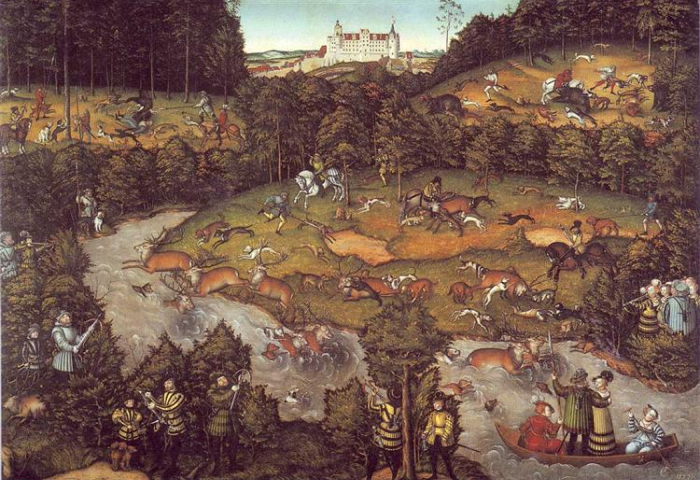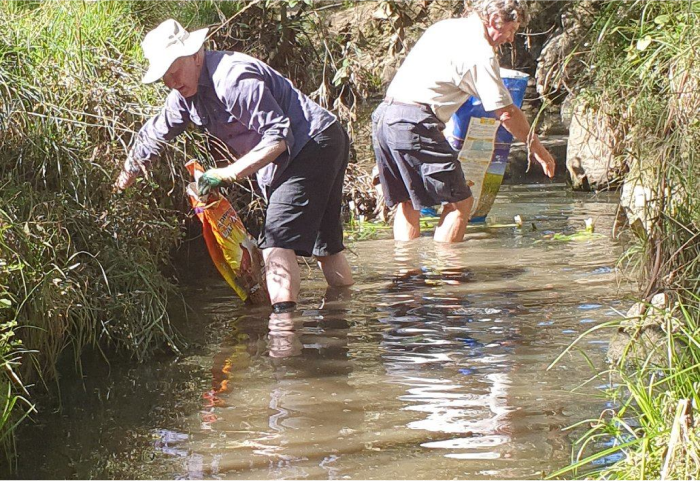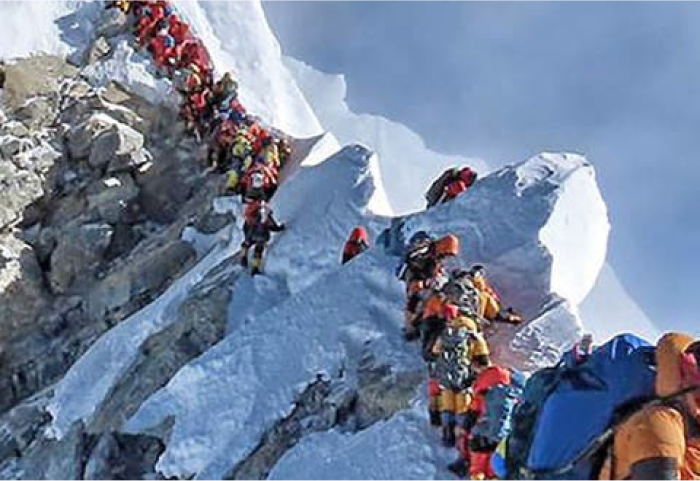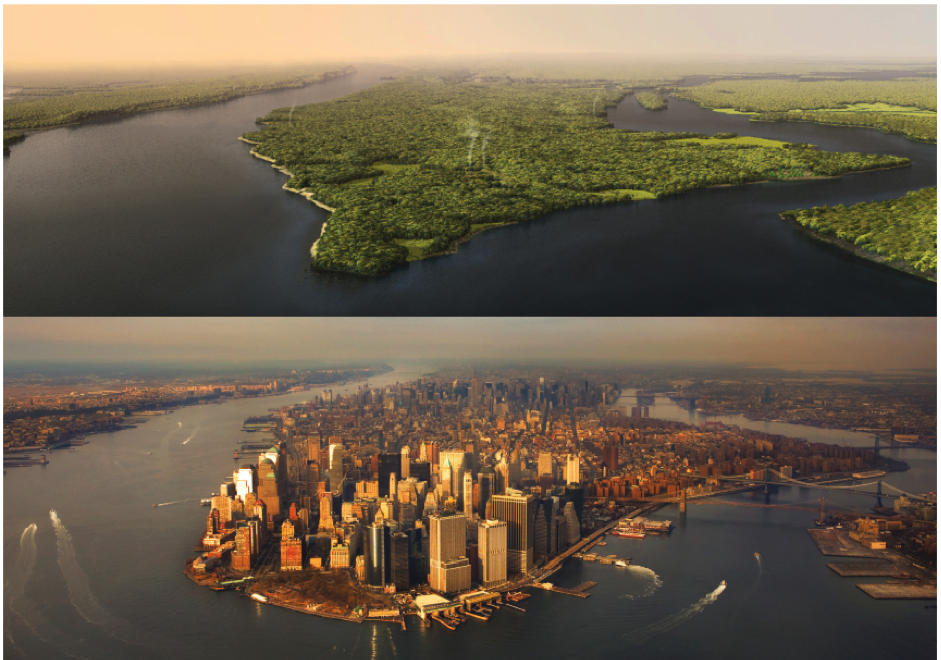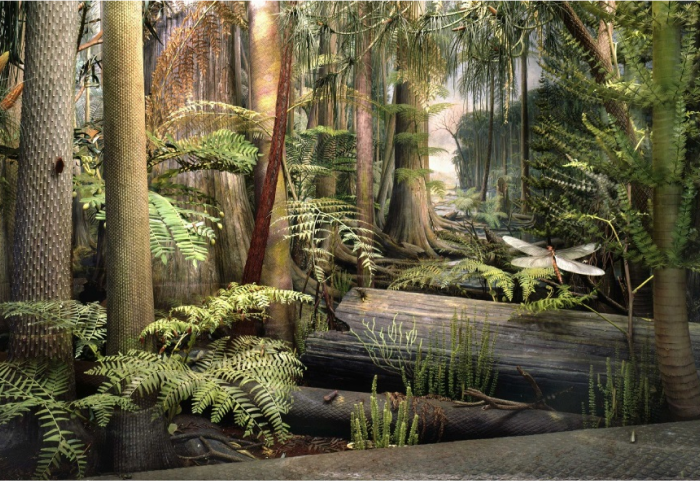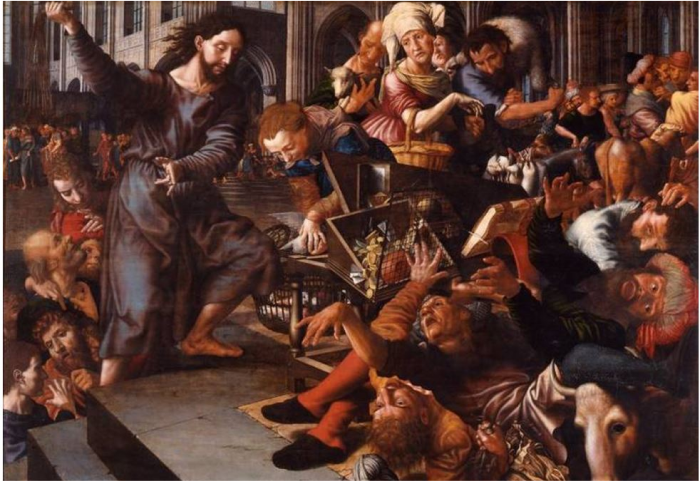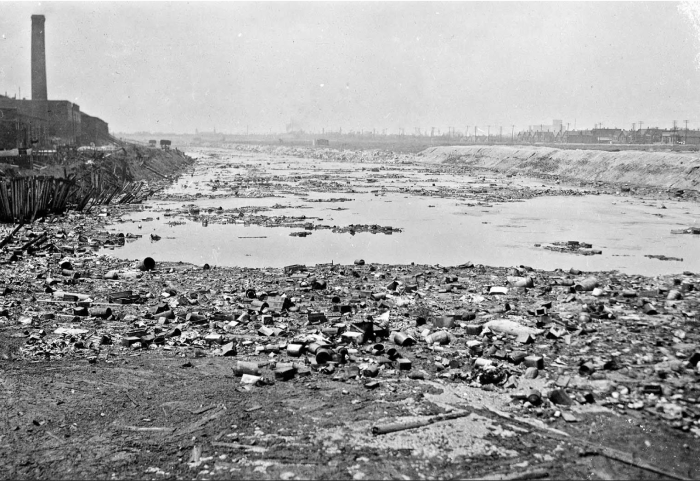Explore by Sections
9. Support New, Environmentally-Aware, Economic Systems
Just as with the previous section – ‘Energy’ – which is, inescapably, all about fossil fuels so pre-eminent and extraordinary has been their dominance and transformation of the world in the last 200 years, so too is this section – ‘Economy’ – real...
10. Reduce Wastes to the Rate of Natural Assimilation
Section 10 will attempt to organise this enormous topic by addressing the context and status of pollution in 10.2, before focussing in on air pollution; particularly greenhouse gas pollution and climate change in 10.3, climate change effects in 10...
Explore State of the Environment


